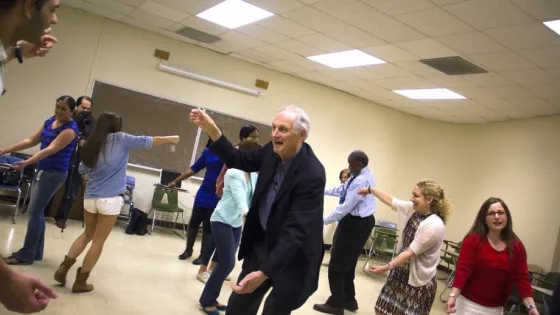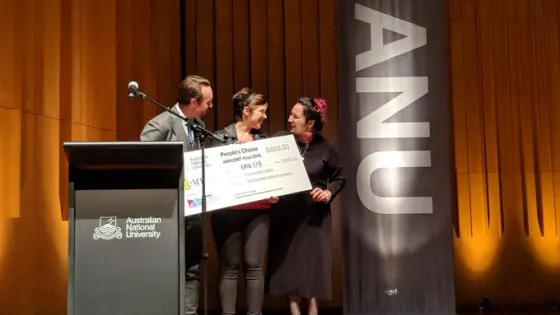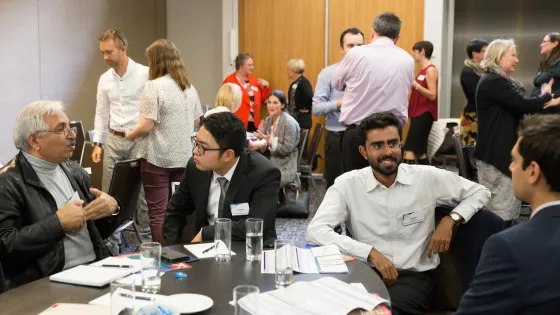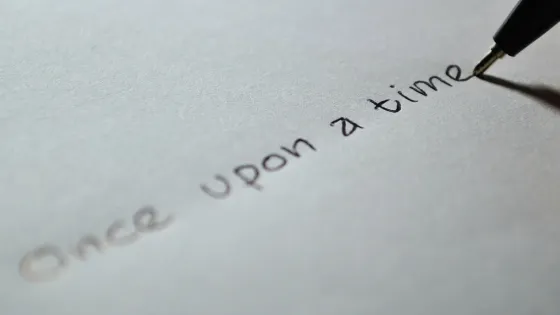Professional short courses & workshops
CPAS staff regularly run science communication short courses.
Whether would like to add value to your science, learn how to simply explain your research, be more relaxed during your public presentations or simply hone your communication skills, attend a CPAS short course.












